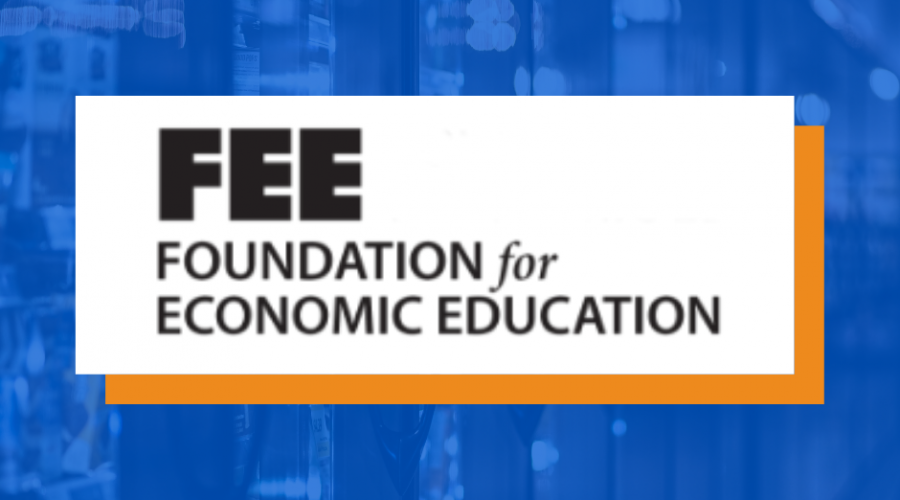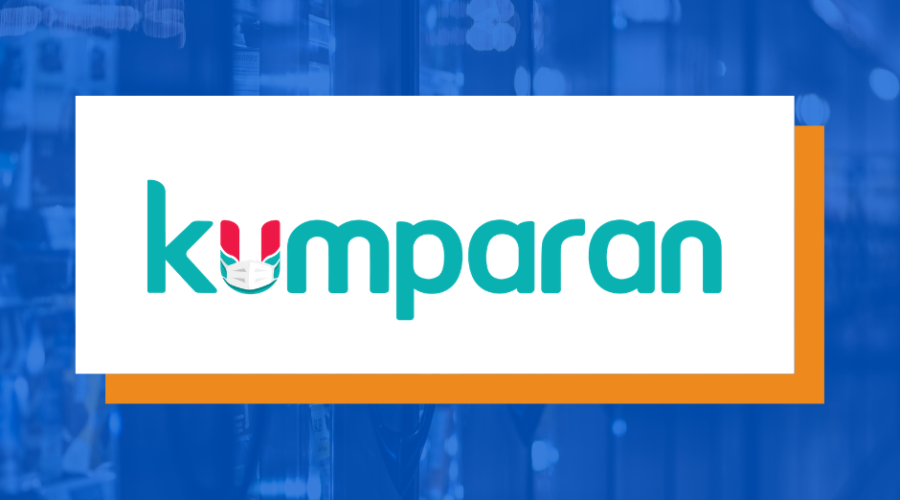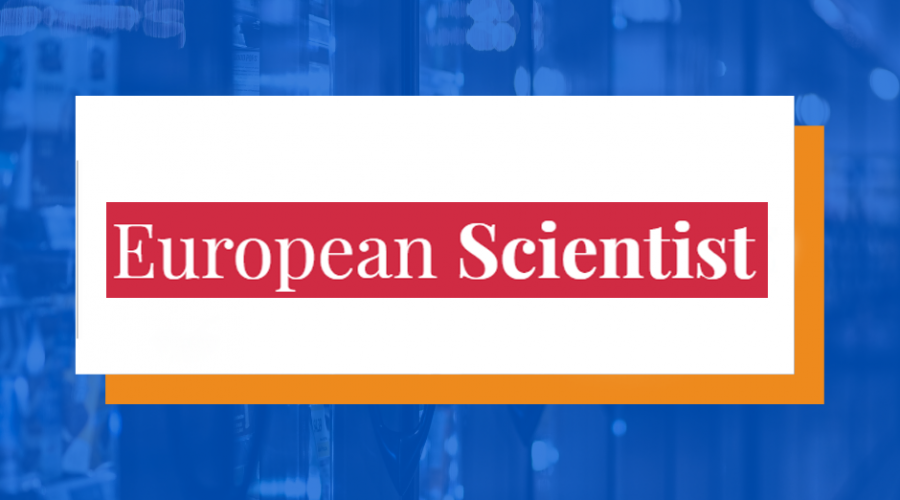Is inclusive volume for Spotify soon history?
The consumer should not be protected from himself. Instead, he or she should have the possibility to choose freely in offers.
When was the last time you used an FM radio? If your age is between 15 and 50, chances are it’s been a while. I can see you’re one of those streamers on Netflix, Amazon Prime, Hulu, and if you’re interested in sports, maybe DAZN or Skyticket.
The world has changed. The occasional exciting radio show interrupted every five minutes by a mix of dull lift music and repetitive supermarket ads have been replaced by hours of conversations on podcasts, always aimed at a specific niche. You don’t write letters to friends anymore; no, even e-mails seem very formal nowadays. You write to them on one of the messengers.
Naturally, some companies have been able to beat the competition by offering good service. For example, when it comes to streaming music, we think of Spotify (a European company, by the way), when it comes to videos, we think of YouTube, and when it comes to TV shows, we think of Netflix.
Especially when it comes to mobile internet, telecommunications providers are taking advantage of this information and adapting their offers: In addition to the monthly internet volume, packages are offered. Certain apps and services can be used without data limits. For example, a music lover can choose a package in which he or she can listen to Spotify, Apple Music or other contractually defined services without limit. At the same time, a series junkie can opt for a different package.
This is attractive for the consumer; after all, the internet does not grow on trees, especially not in digital developing countries like Germany.
But for the most part, that’s probably over now. On 15 September 2020, the European Court of Justice ruled that tariffs in which certain apps are excluded from speed throttling violate EU law. Specifically, the case concerns the Hungarian branch of the telecommunications company Telenor and the Hungarian Media and Telecommunications Authority, which issued two notices stating that its offers violated Art.3(3) of Regulation 2015/2120.
The court hearing the case referred a question to the European Court of Justice on the interpretation of Art.3(1-3) of the Regulation. The standards concern internet services and their use and the so-called “openness of the internet”, sometimes also called “net neutrality”. The legal norms are intended to secure the rights of end-users. The ruling states:
“Moreover, that concept covers both natural or legal persons who use or request internet access services to access content, applications and services and those who provide content, applications and services employing internet access.”
According to the ECJ, agreements such as those of the company are suitable for restricting end-users rights. On the one hand, it is argued that the use of preferentially treated apps could be increased as a result. On the other hand, the other services, which can continue to be throttled, are disadvantaged and usage could decrease. It is argued that such agreements could cumulatively lead to a significant restriction of end-users rights.
Moreover, the unequal treatment is not based on objectively different requirements for certain services but on purely commercial considerations.
Thus, Telenorl’s agreements violate European law. The ECJ’s reasoning should not even be challenged here. If one looks at the standards, the ECJ’s line is quite compatible with them or very defensible. What is worthy of criticism are the norms themselves, as well as the philosophical and economic considerations behind them. First of all, it is not a malicious idea to provide everyone in the market with the same conditions. The advocates of “net neutrality” also mean well when they want to prevent discrimination and cartel-like actions in the market.
Unfortunately, few are interested in the fact that this is an encroachment on the private autonomy of telecommunications companies, service providers and consumers. The goal of an “open internet” for all seems more important than consumers and companies trying to do business with each other.
However, the offers and the unequal treatment make sense; they enable the carefree use of specific services that would otherwise mutate into volume guzzlers every month. The consumer does not have to worry about this with such a contract; he can use his preferred service without any restrictions (at least if he lives in a region with good network coverage).
If one bans such voluntary solutions, one first knows what the ban will not lead to: To unrestricted volume for all. It is certainly possible that the telecommunications companies will compete with the total volume. But 5 GB or not will make no difference if the work is only needed for a particular service, but without restrictions. The consumer should not be protected from himself. Instead, he or she should have the possibility to choose freely in offers.
Originally published here.







